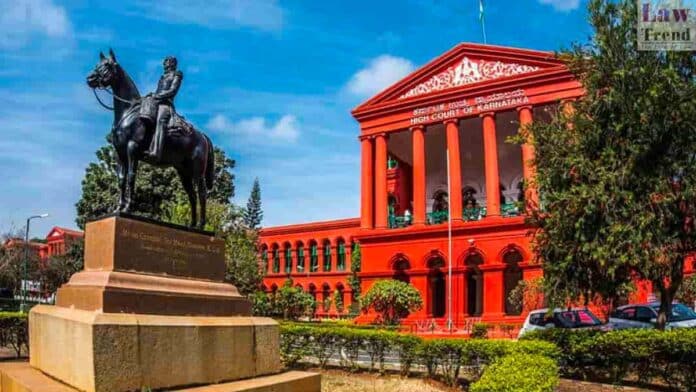In a recent judgment, the Karnataka High Court ruled that an insurance company must compensate the claimants for a fatal accident, even though the vehicle involved did not have a valid permit or fitness certificate at the time of the incident. The court upheld the principle of “pay and recover,” allowing the insurer to later
To Read More Please Subscribe to VIP Membership for Unlimited Access to All the Articles, Download Available Copies of Judgments/Order, Acess to Central/State Bare Acts, Advertisement Free Content, Access to More than 4000 Legal Drafts( Readymade Editable Formats of Suits, Petitions, Writs, Legal Notices, Divorce Petitions, 138 Notices, Bail Applications etc.) in Hindi and English.




